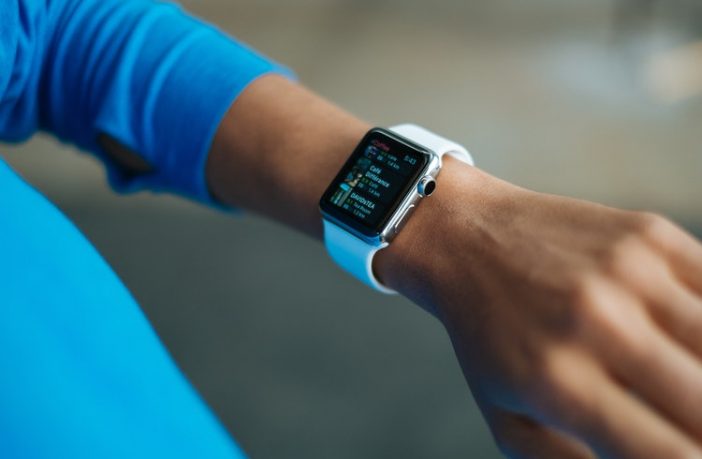- Affordable, inclusive connectivity, coupled with digital skills and literacy, are essential elements in the fight against inequality in the digital age, experts at the European Commission’s 2019 European Development Days (EDD) Forum, emphasised.
“One of the most impactful sector reforms that we have seen in Africa over the past two decades has been the mobile revolution and this innovation has spread to mobile money and other services,” said African Development Bank Vice President for Private Sector, Infrastructure and Industrialisation, Pierre Guislain, who spoke on a panel discussing digital technology for inclusive growth.
The theme for this year’s forum, which took place in the Belgian capital Brussels from 18-29 June, was: Addressing inequalities: Building a world which leaves no one behind. Guislain’s panel conversed about bridging the digital divide.
The panel, comprising experts from international institutions, governments, the private sector and civil society, discussed key ways to improve digital access and the potential of digital technology to bring social and economic benefits to all Africans.
“If adequately enabled, digital transformation can build on this strong track record and accelerate the achievement of the SDGs in Africa,” Guislain said.
EU Commissioner for Digital Economy and Society, Mariya Gabriel, cautioned that we must not close our eyes to the shortcomings of digital transformation: “While it creates enormous benefits in terms of goods and services, it can also worsen existing divisions between countries, regions and communities.”
The panelists stressed the enabling nature of digitalisation across sectors such as health, agriculture, services, financial and energy, to drastically accelerate social and economic inclusion.
“This is fundamentally about how to make use of technology that is being offered to us, as an enabler to improve the lives of our people and institutions,” said Dr Amani Abou-Zeid, African Union Commissioner for Infrastructure and Energy.
The panel also highlighted the main recommendations from the report of the joint European Union – African Union Digital Economy Task Force (DETF), co-chaired by Guislain and Ghanaian Minister of Communications Ursula Owusu-Ekuful.
The report, New Africa-Europe Digital Economy Partnership: Accelerating the Achievement of the Sustainable Development Goals, presents steps forward for cooperation between the AU and the EU in the digital age. It will be discussed in various African fora and will be followed by a concrete action plan for its implementation.
Author: Ashley Theron
This article was originally published on ESI Africa and is republished with permission with minor editorial changes.











